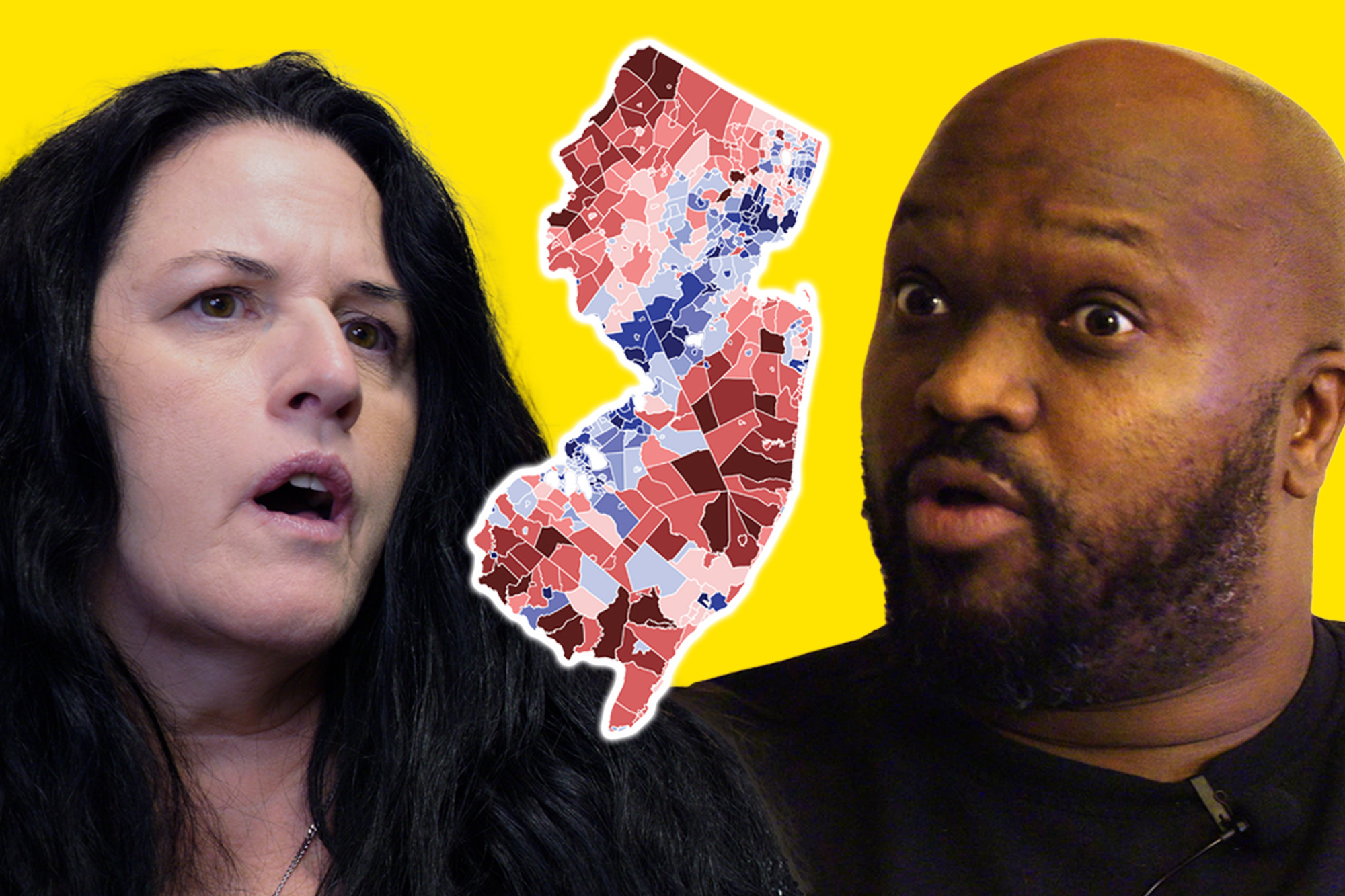Business
New Jersey Voters Shift Right Ahead of November 4 Election

The political landscape in New Jersey is showing signs of a significant shift as voters express growing concerns about the state’s direction. With the gubernatorial election scheduled for November 4, 2024, recent polls suggest that many residents are leaning towards Republican candidates, marking a potential departure from the state’s long-standing Democratic dominance.
As New Jersey grapples with escalating issues such as high living costs, including energy bills, insurance rates, and housing prices, voters are increasingly voicing their frustrations. These concerns have been amplified by ongoing challenges related to immigration and the state’s handling of the migrant crisis.
Voter Sentiment and Key Issues
Polling data reveals that a notable number of New Jersey voters are dissatisfied with their current leadership, particularly regarding economic management. Many residents cite the rising cost of living as a critical factor influencing their voting preferences. According to a recent survey by the New Jersey Institute of Technology, approximately 65% of respondents believe that the current administration has not adequately addressed these pressing issues.
Additionally, the impact of the migrant crisis has left many voters feeling uncertain about the state’s future direction. Reports indicate that the influx of migrants has strained local resources and services, further fueling discontent among constituents. This sentiment appears to be translating into a desire for change, with many voters considering Republican candidates who promise to tackle these issues head-on.
The shift in voter sentiment is not only notable for its potential impact on the upcoming election but also signifies a broader trend that could reshape New Jersey’s political identity. Historically a solidly blue state, New Jersey has not elected a Republican governor since 2010, when Chris Christie won his second term.
Campaign Strategies and Implications
In response to the shifting political climate, candidates from both parties are ramping up their campaigning efforts. Republican candidates are focusing on economic issues and public safety, aiming to resonate with voters concerned about the rising cost of living and the perceived challenges posed by immigration.
Democratic candidates, meanwhile, are emphasizing their commitment to social justice and community support, seeking to remind voters of the party’s historical significance in advocating for these causes. With less than a month until the election, both parties are investing heavily in outreach strategies to sway undecided voters.
As the November election approaches, New Jersey’s political future hangs in the balance. The outcome could not only determine the state’s governance but also serve as a barometer for political trends in other traditionally blue states. With voter engagement at a high and critical issues on the table, New Jersey’s residents are poised to make their voices heard.
The stakes are high, and the implications of this election will be felt far beyond the Garden State. With a changing electorate and pressing concerns at the forefront, the November 4 gubernatorial election is shaping up to be a pivotal moment in New Jersey’s political history.
-

 Science2 months ago
Science2 months agoOhio State Study Uncovers Brain Connectivity and Function Links
-

 Politics2 months ago
Politics2 months agoHamas Chief Stresses Disarmament Tied to Occupation’s End
-

 Science1 month ago
Science1 month agoUniversity of Hawaiʻi Joins $25.6M AI Project for Disaster Monitoring
-

 Science4 weeks ago
Science4 weeks agoALMA Discovers Companion Orbiting Giant Star π 1 Gruis
-

 Entertainment2 months ago
Entertainment2 months agoMegan Thee Stallion Exposes Alleged Online Attack by Bots
-

 Science2 months ago
Science2 months agoResearchers Challenge 200-Year-Old Physics Principle with Atomic Engines
-

 Entertainment2 months ago
Entertainment2 months agoPaloma Elsesser Shines at LA Event with Iconic Slicked-Back Bun
-

 World1 month ago
World1 month agoFDA Unveils Plan to Cut Drug Prices and Boost Biosimilars
-

 Business2 months ago
Business2 months agoMotley Fool Wealth Management Reduces Medtronic Holdings by 14.7%
-

 Science2 months ago
Science2 months agoInnovator Captures Light at 2 Billion Frames Per Second
-

 Top Stories2 months ago
Top Stories2 months agoFederal Agents Detain Driver in Addison; Protests Erupt Immediately
-

 Entertainment1 month ago
Entertainment1 month agoBeloved Artist and Community Leader Gloria Rosencrants Passes Away









